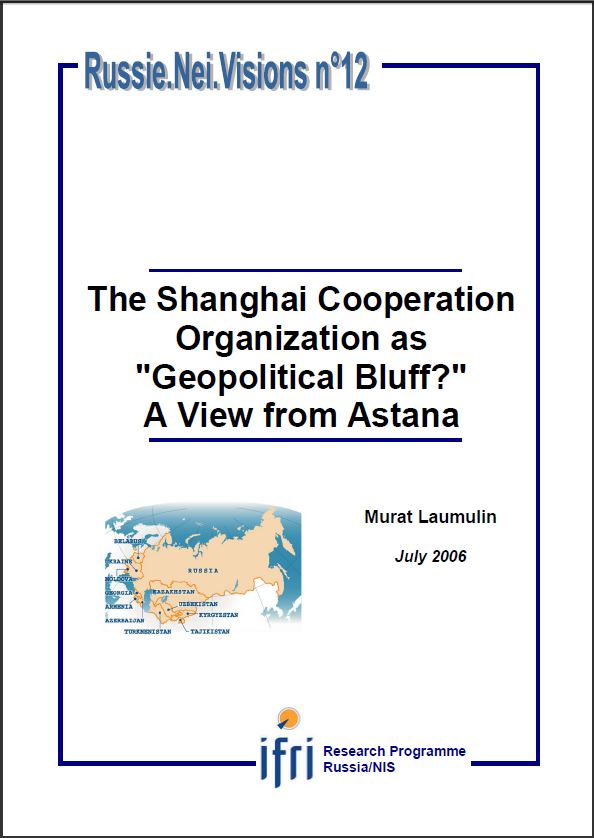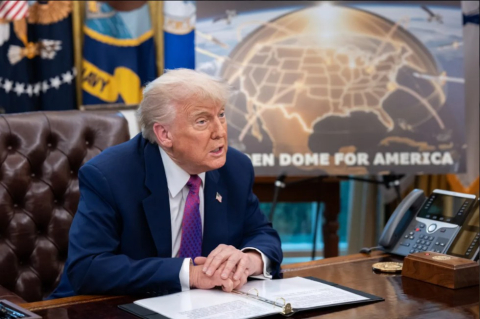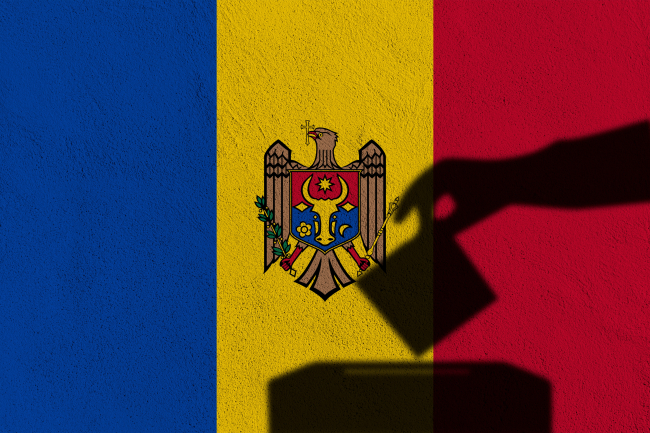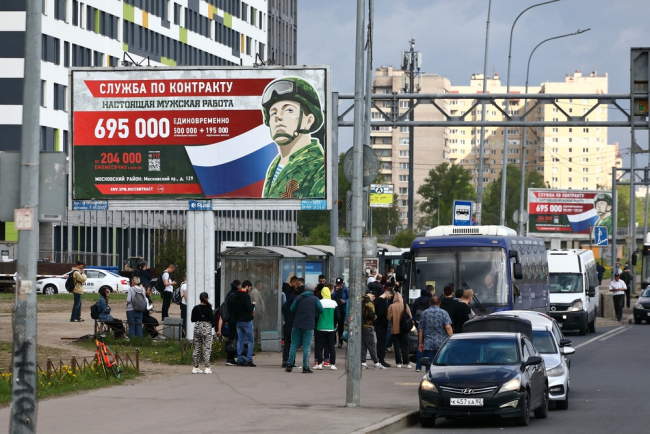The Shanghai Cooperation Organization as "Geopolitical Bluff?" A View from Astana

Since the mid-1990s, the Shanghai Cooperation Organization (SCO) has been an important factor in, and exerts significant influence on both Kazakhstan's international situation and geopolitical processes in Central Asia. Various aspects of Kazakhstan's interests are included in the SCO, among them geopolitics, security, the economy and regional politics. The topics addressed by the SCO can be divided into wide-ranging and often unconnected problems, which are more often than not solved outside the framework of the SCO. In the end, the SCO is only a great 'geopolitical bluff.' And while the USA seems to be almost an 'unofficial partner' because it so influences Central Asia as a whole, the European Union has almost entirely withdrawn from that geopolitical scene. As yet, the SCO poses more challenges and risks for Kazakhstan than it offers advantages.
Download the full analysis
This page contains only a summary of our work. If you would like to have access to all the information from our research on the subject, you can download the full version in PDF format.
The Shanghai Cooperation Organization as "Geopolitical Bluff?" A View from Astana
Related centers and programs
Discover our other research centers and programsFind out more
Discover all our analysesMoldova's Crucial Parliamentary Election. What's at Stake?
On the occasion of Moldova’s National Day, August 27, 2025, Chișinău hosted a high-level European delegation composed of Emmanuel Macron, Friedrich Merz and Donald Tusk, who sought to reaffirm their support for the country’s sovereignty and pro-European course. This unprecedented and highly symbolic visit took place at a pivotal moment. Moldova is preparing for decisive parliamentary elections on September 28, whose stakes extend far beyond the national framework.
War as Social Elevator: The Socioeconomic Impact of Russian Military Keynesianism
In order to finance its war effort, the Russian state has spent substantial sums of money and implemented a form of “military Keynesianism” that is transforming society at both the socioeconomic and cultural levels. This has partially rebalanced the wide disparities in wealth, levels of consumption, and social prestige in Russian society by granting significant financial and symbolic advantages to peripheral Russia, which has long been overlooked by the central government.
The Contradictory Impacts of Western Sanctions on Economic Relations between Russia and Sub-Saharan Africa
How does Russia maintain economic ties with Africa despite Western sanctions? An analysis of investments, trade, and the circumvention strategies deployed by Moscow.
The Caspian Sea as an Emerging Energy Hub : Potentials and Limitations
This report analyzes the prospects of the Caspian Sea region — and its key actors except for Russia and Iran — becoming an important energy hub serving the needs of the European Union (EU).











